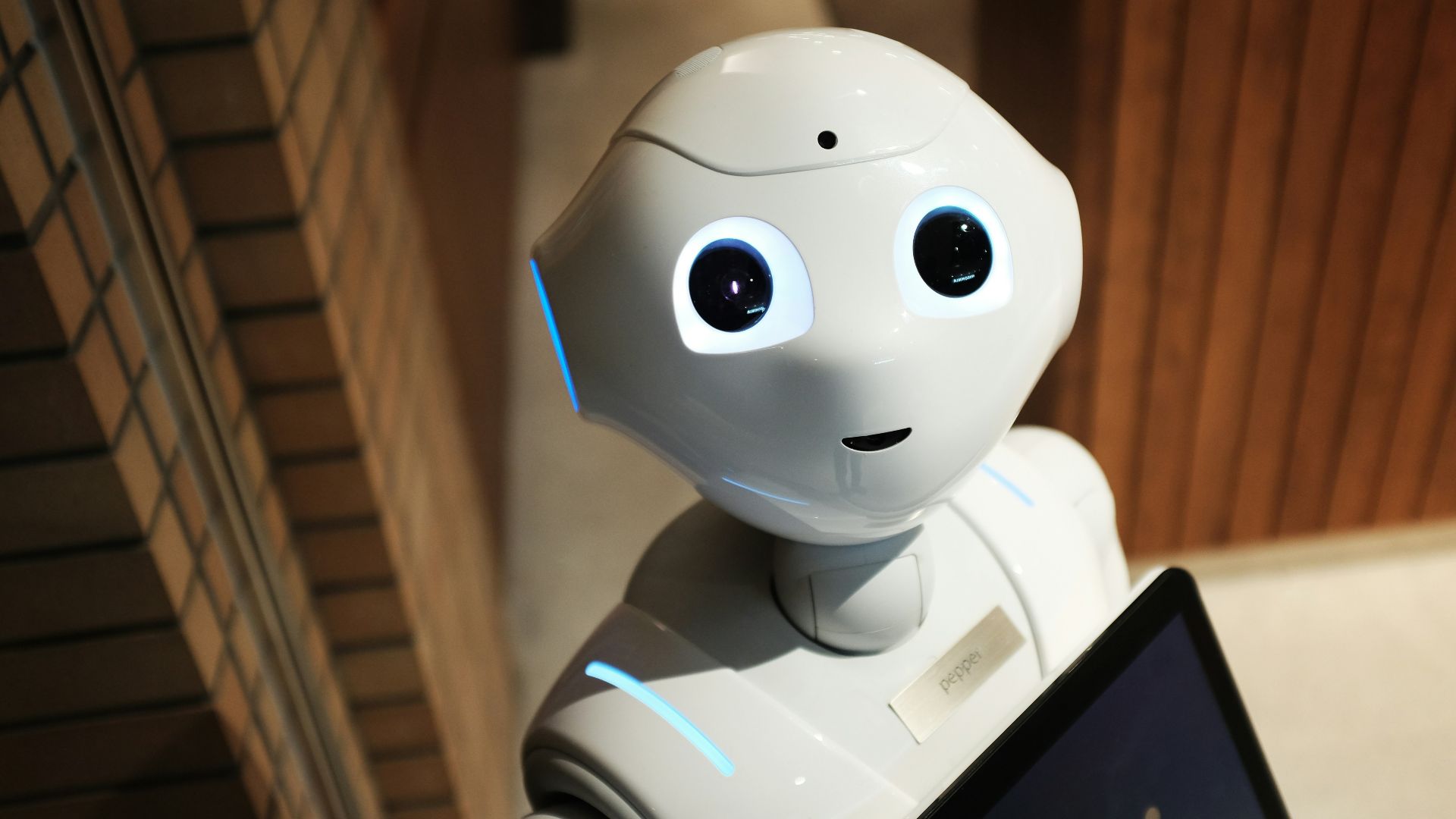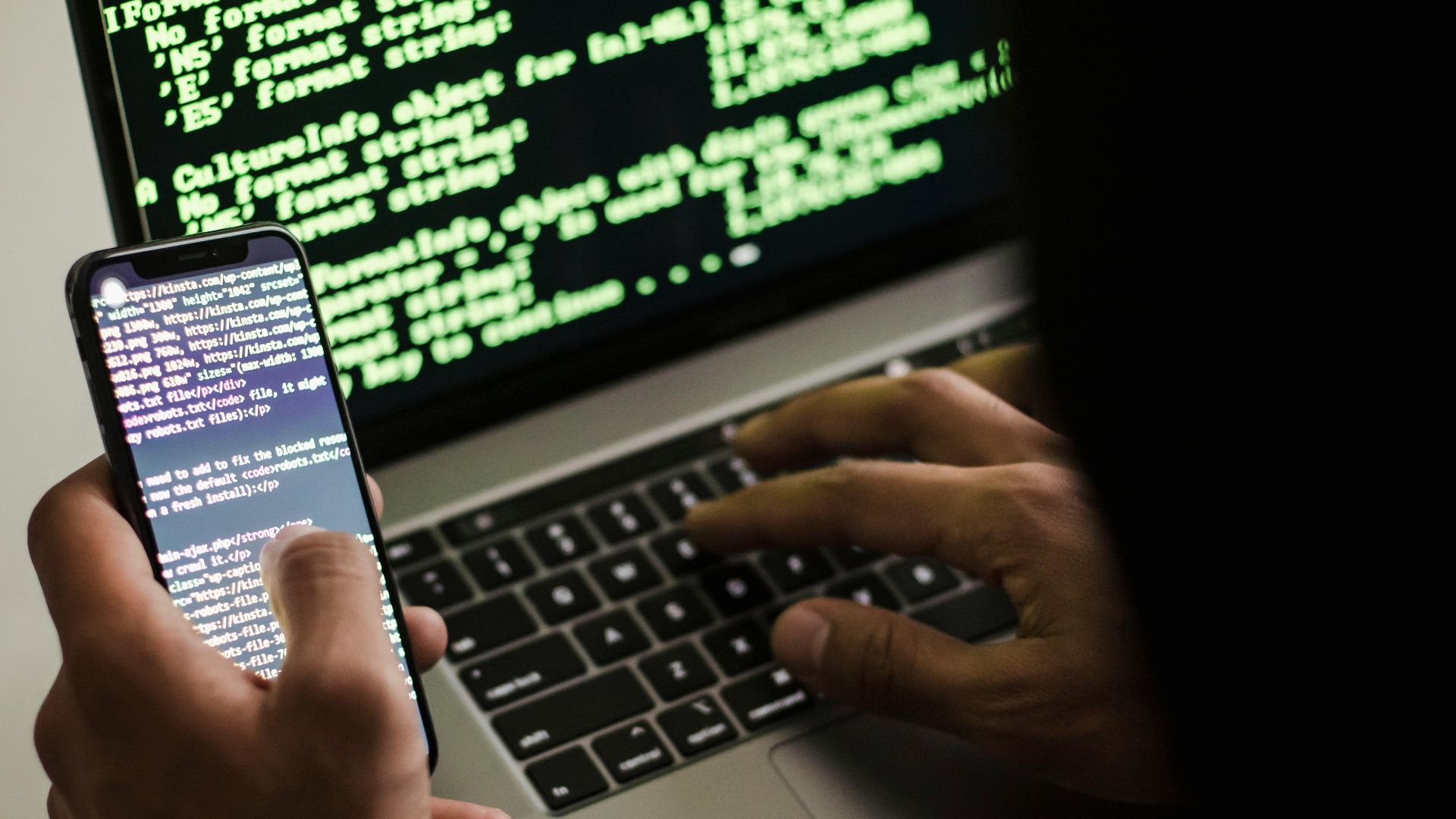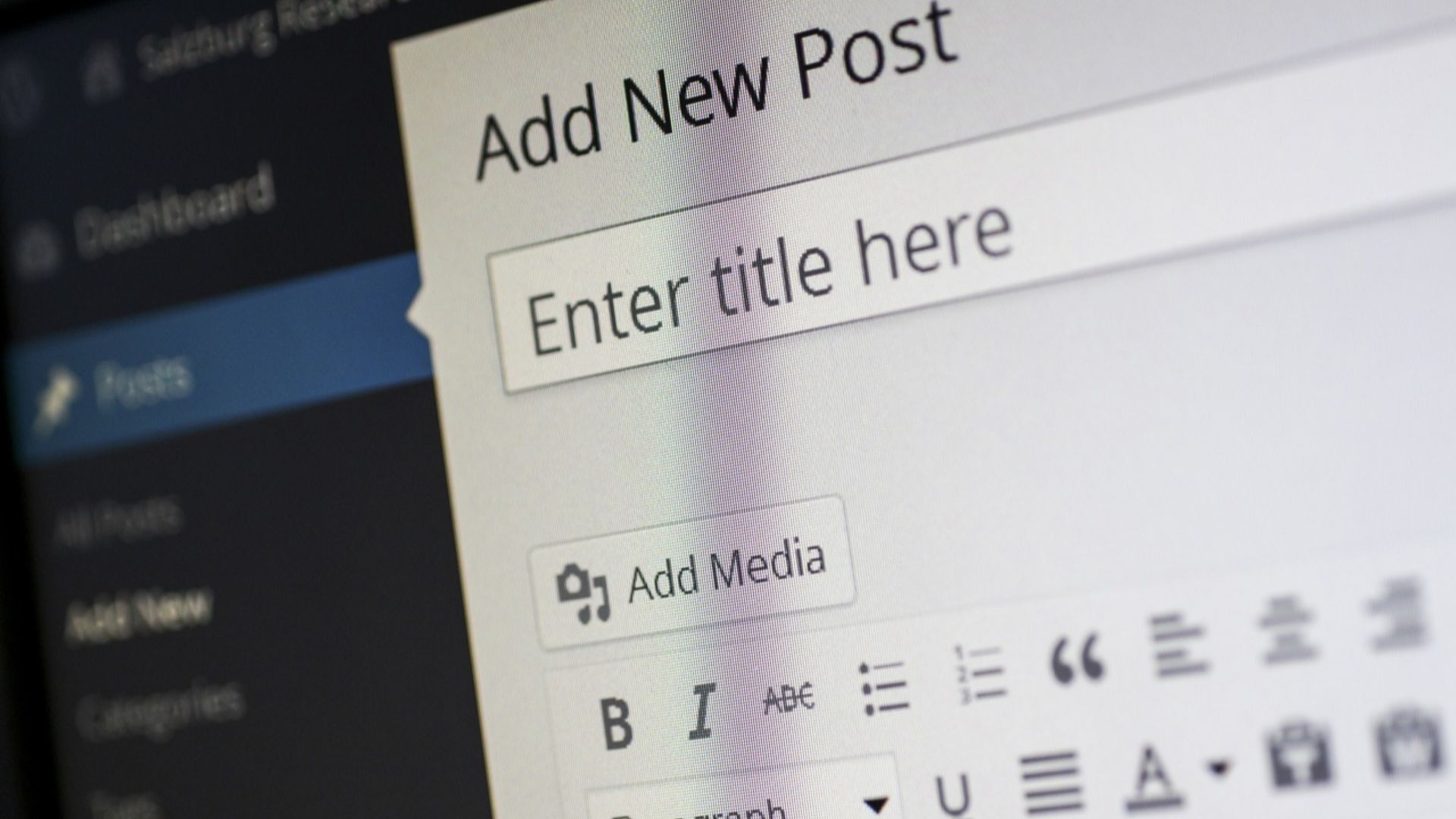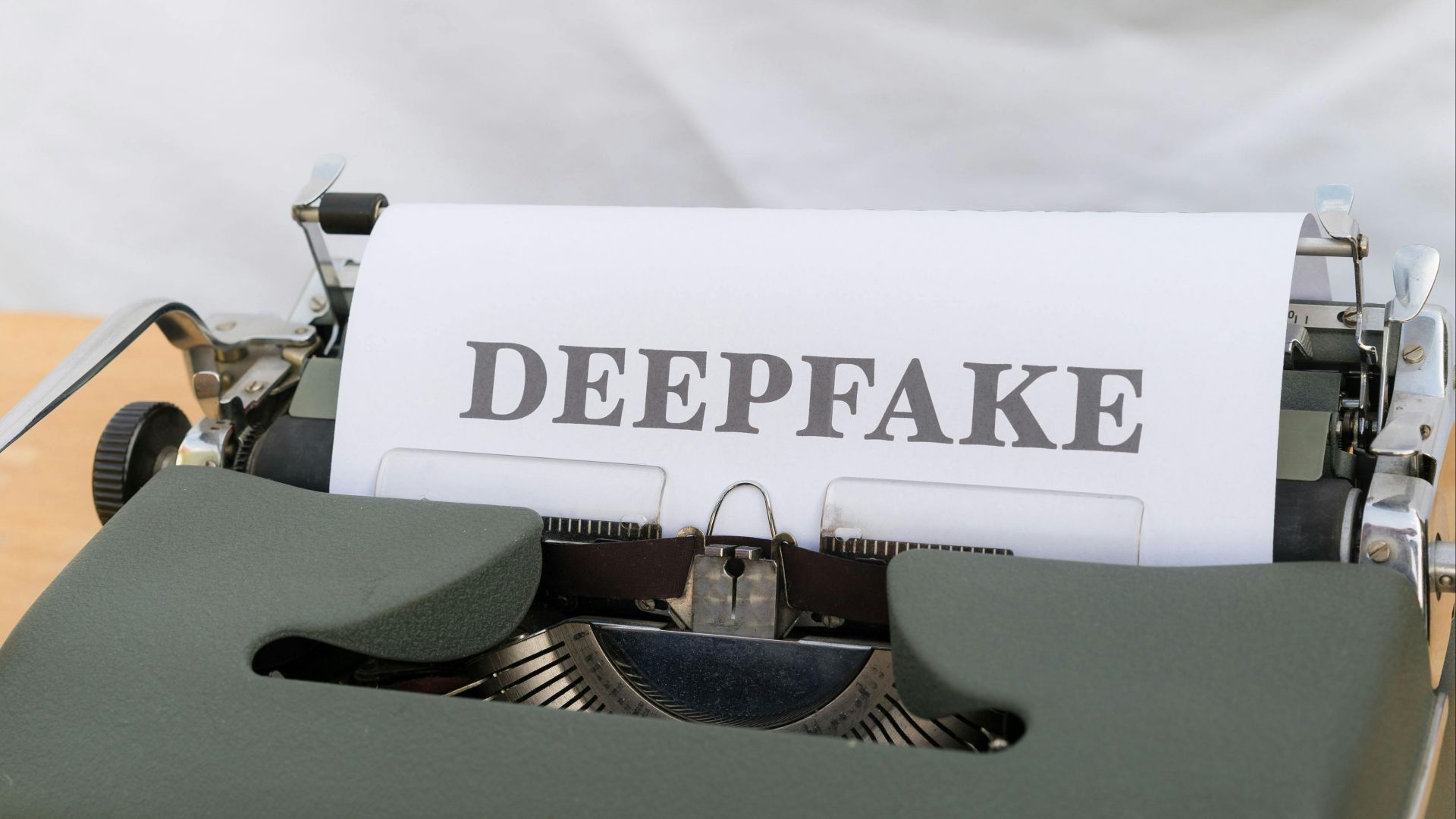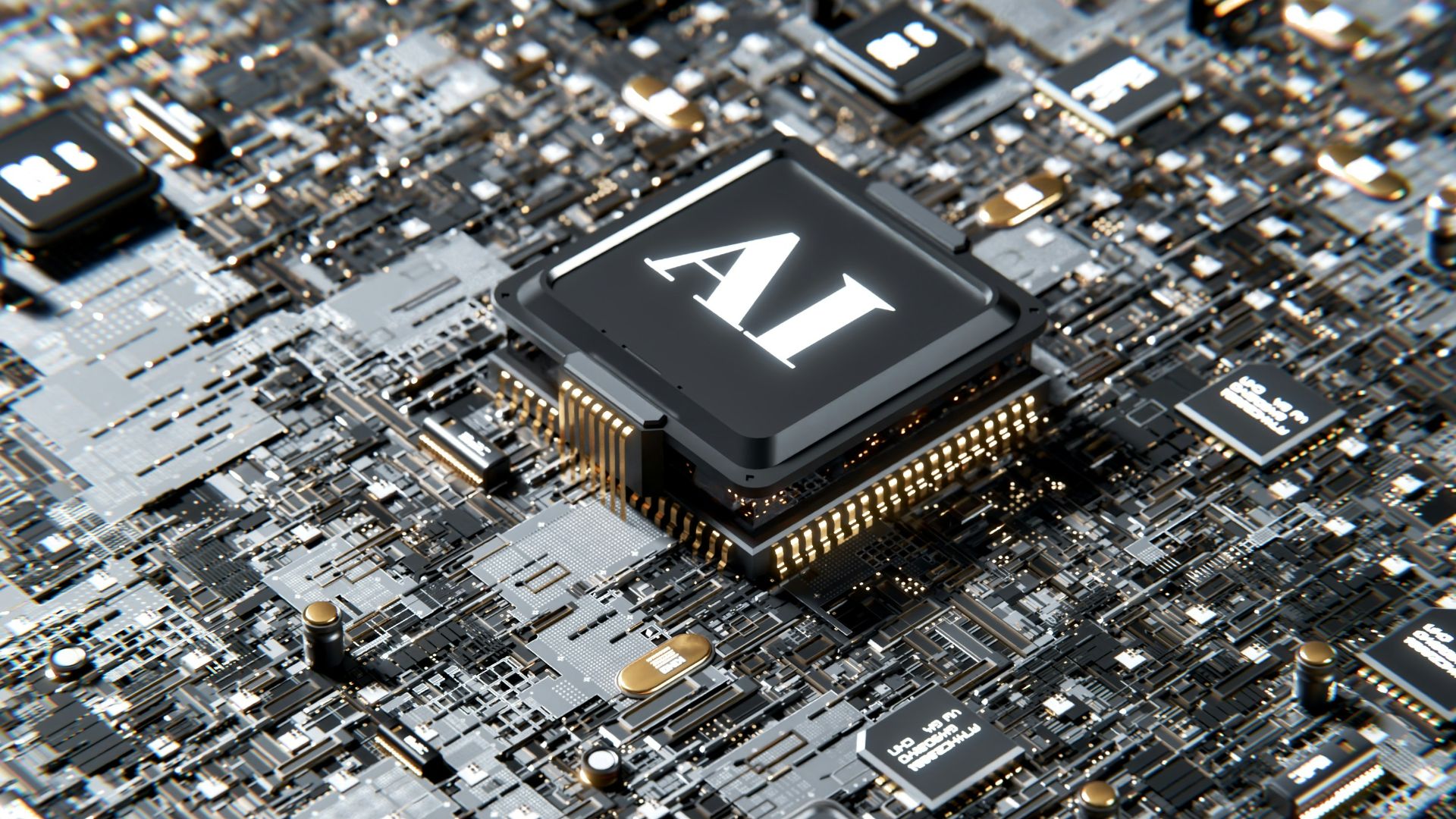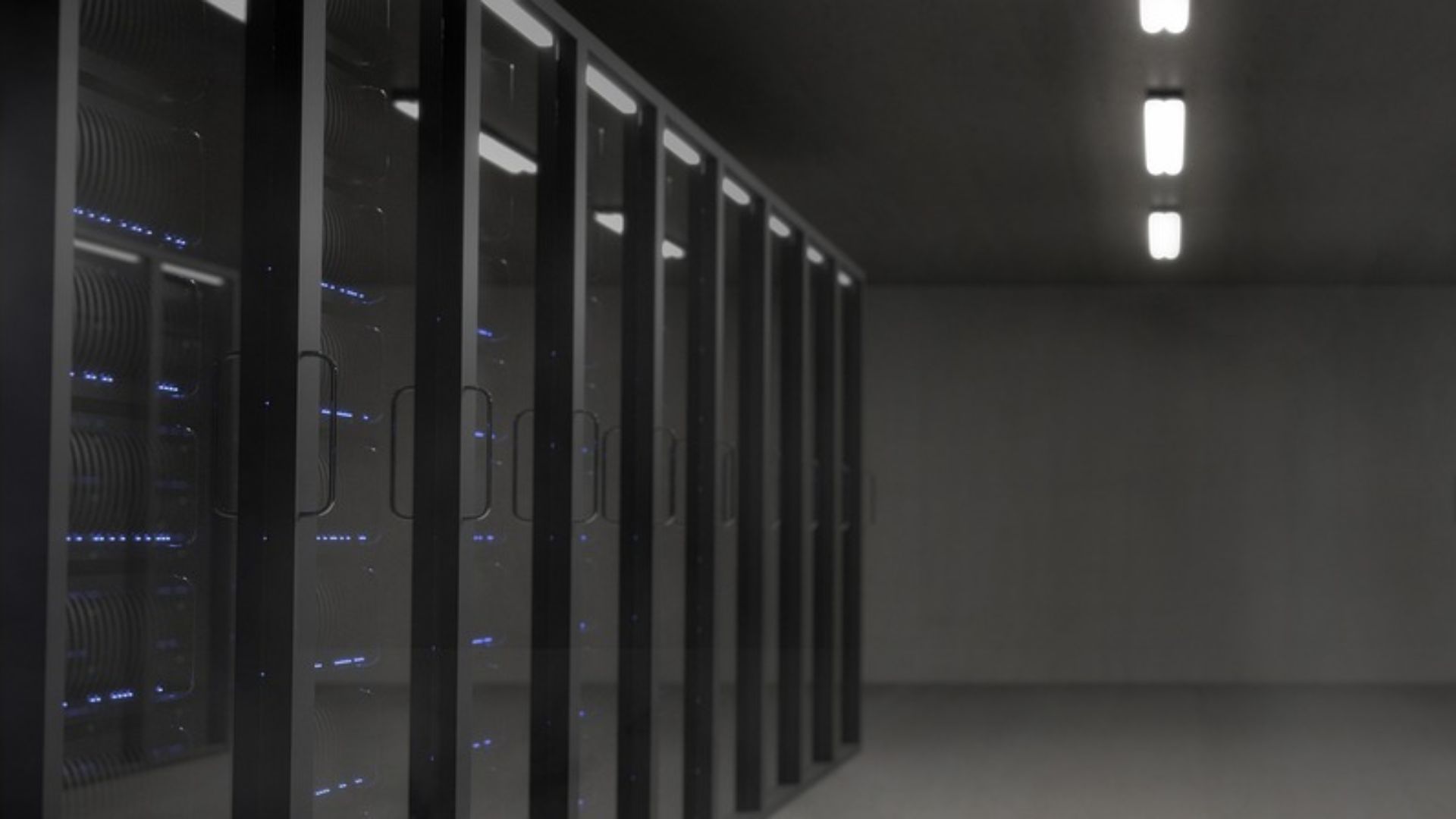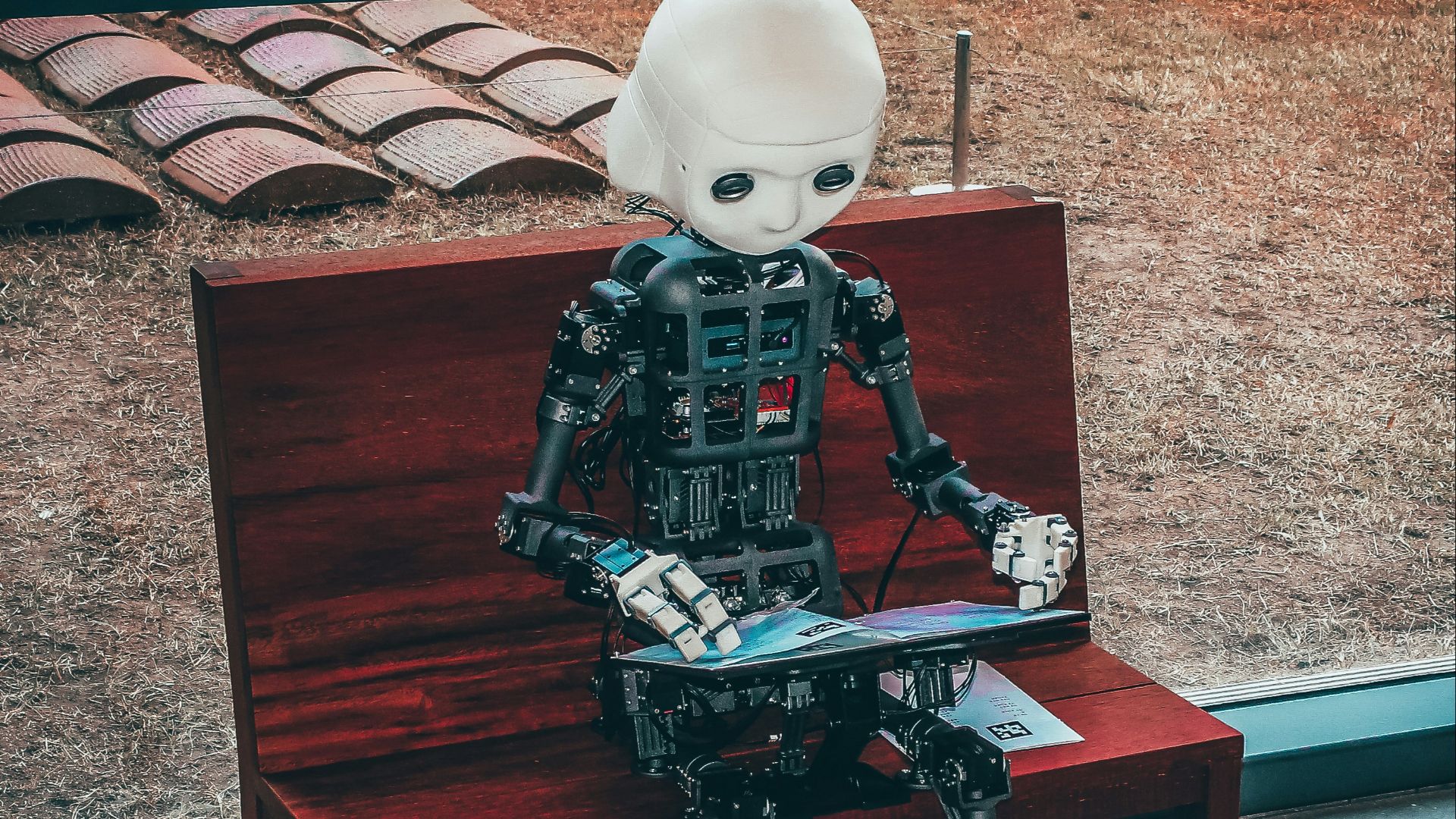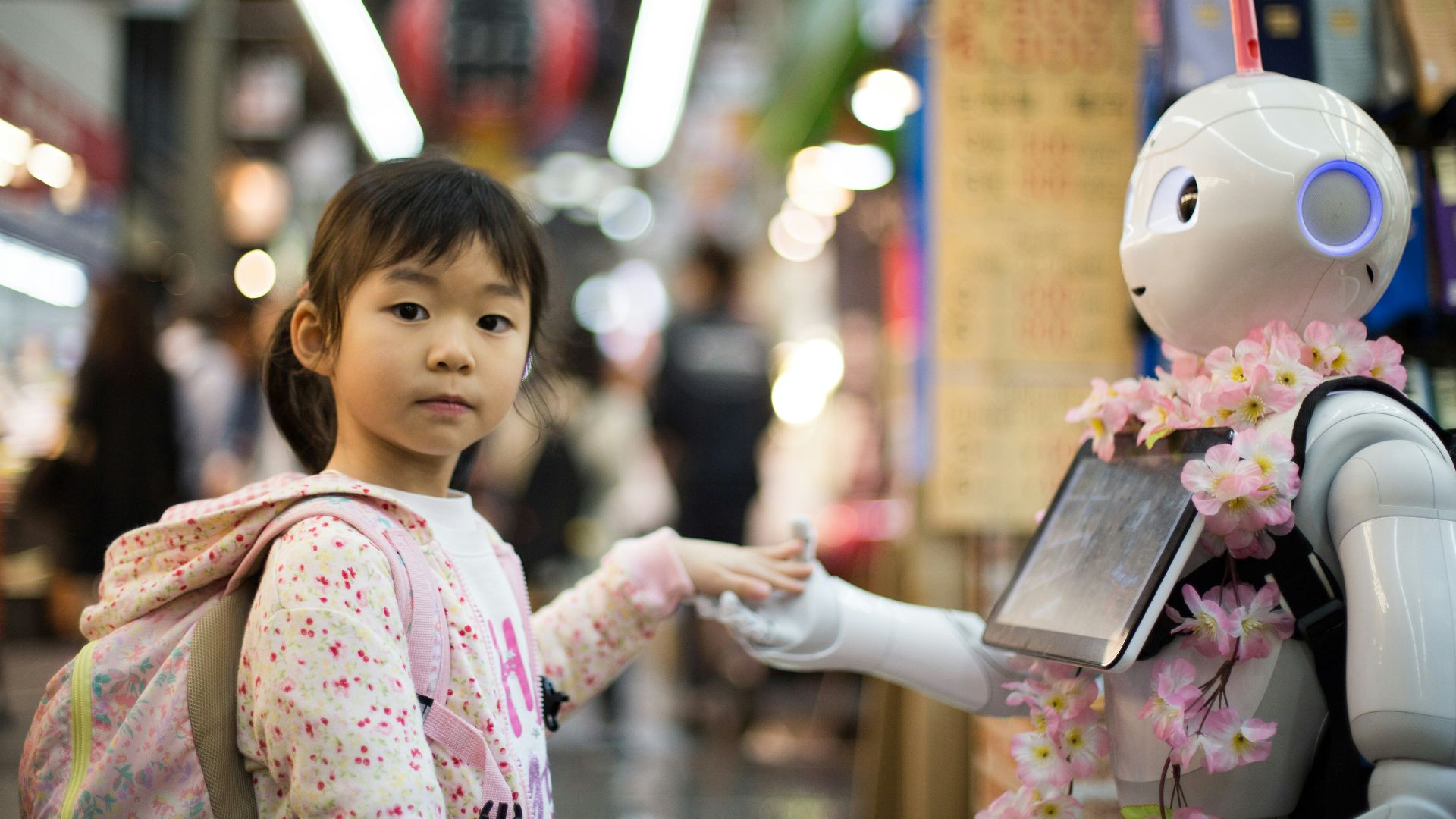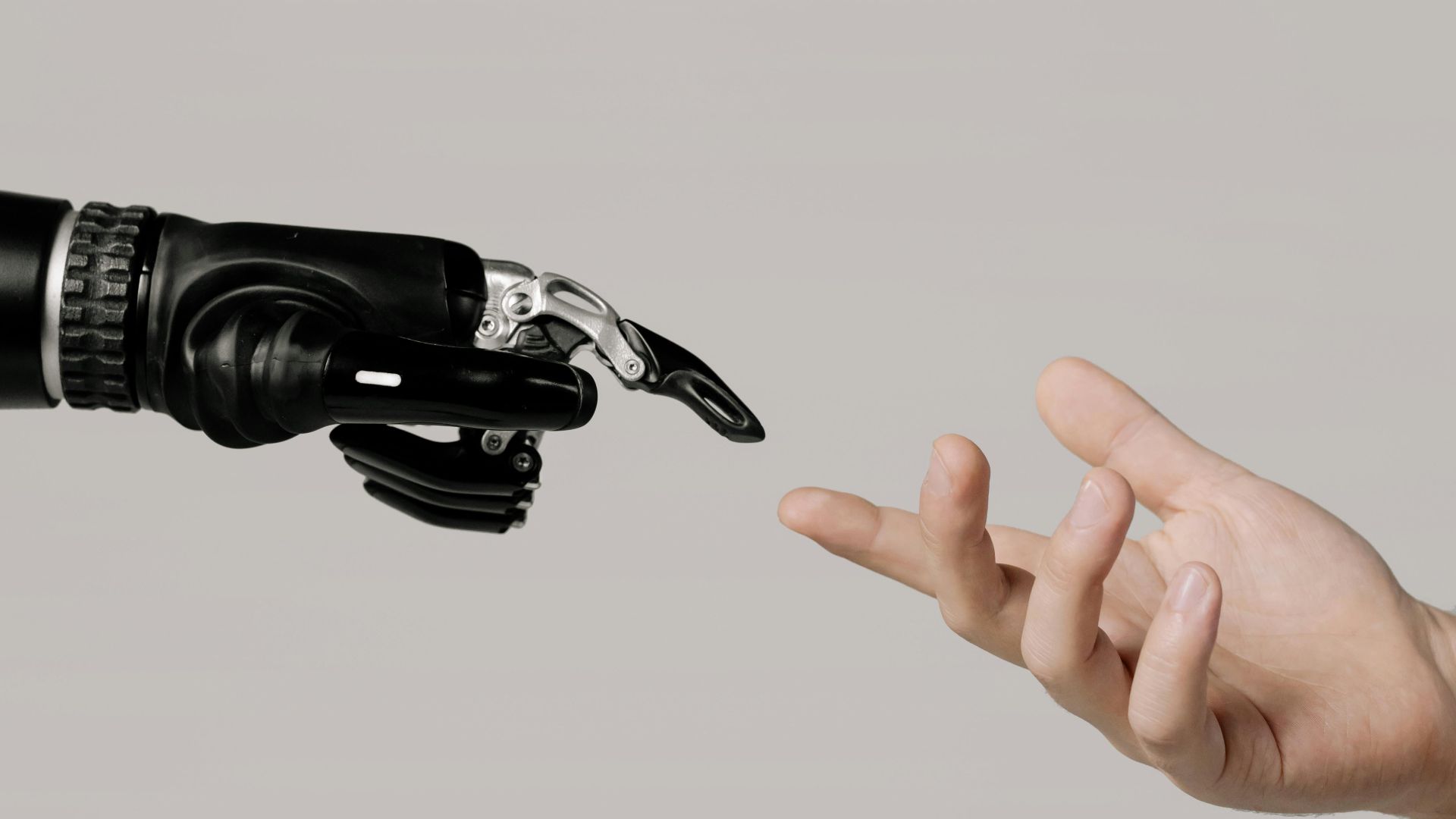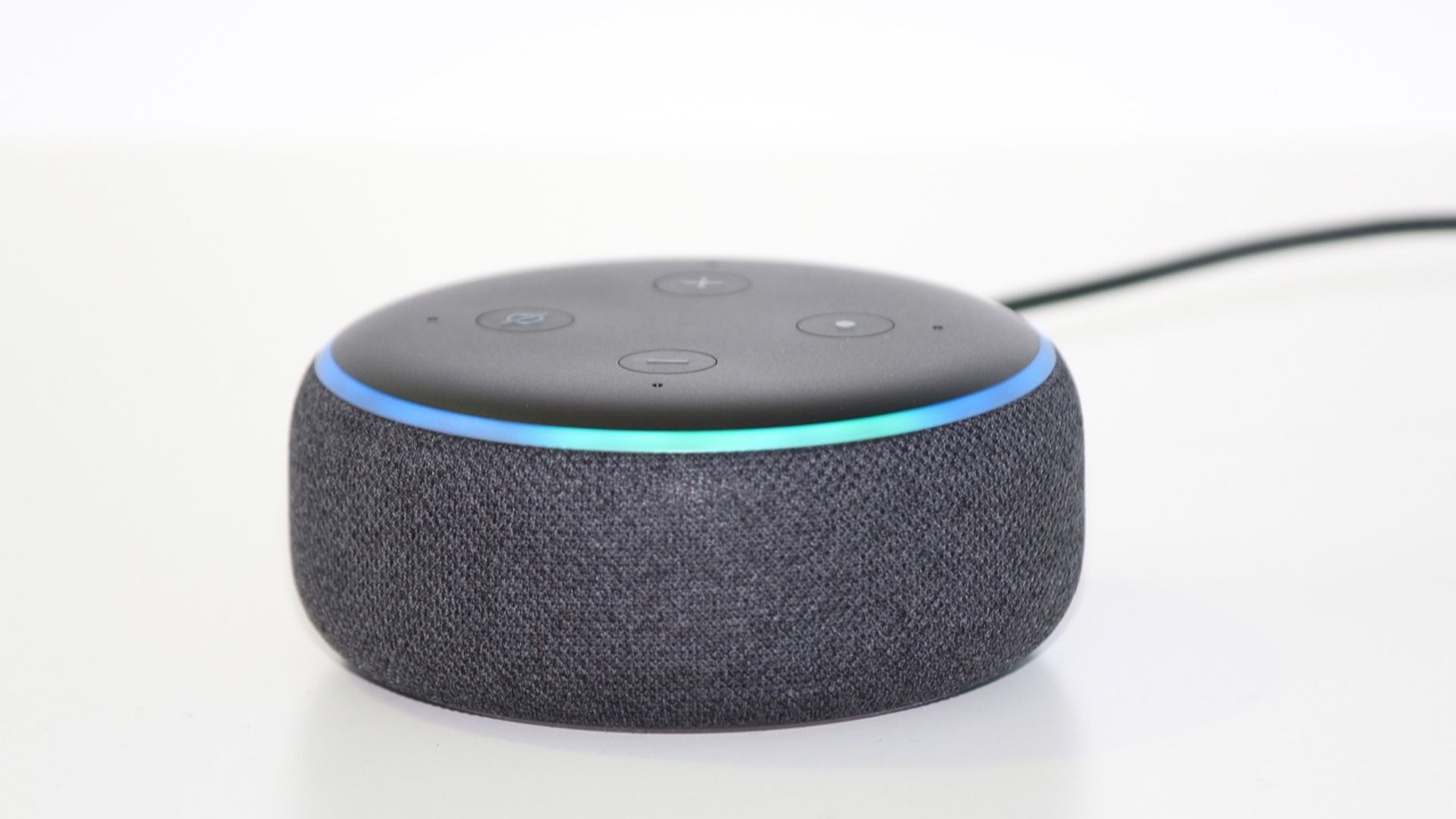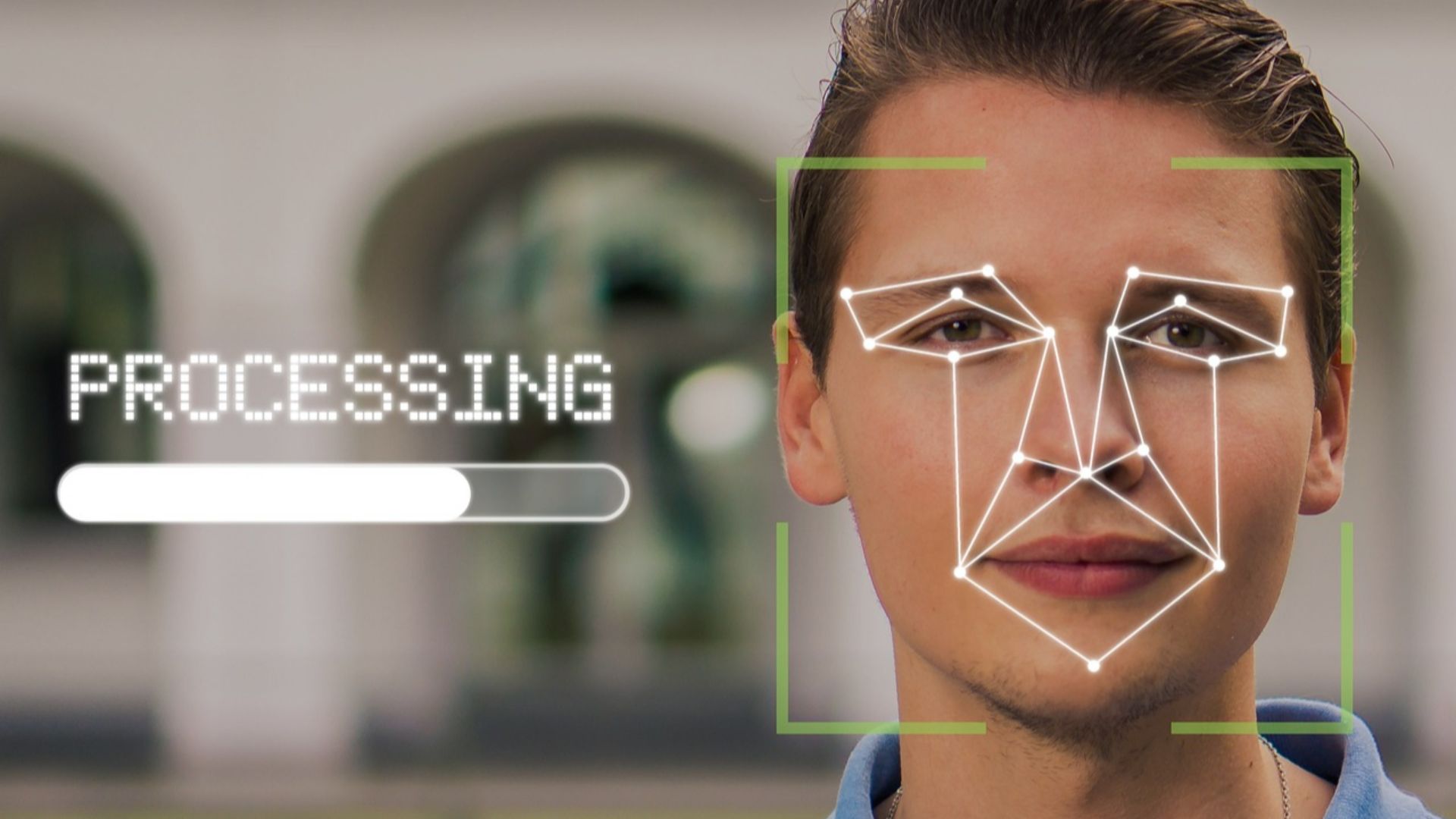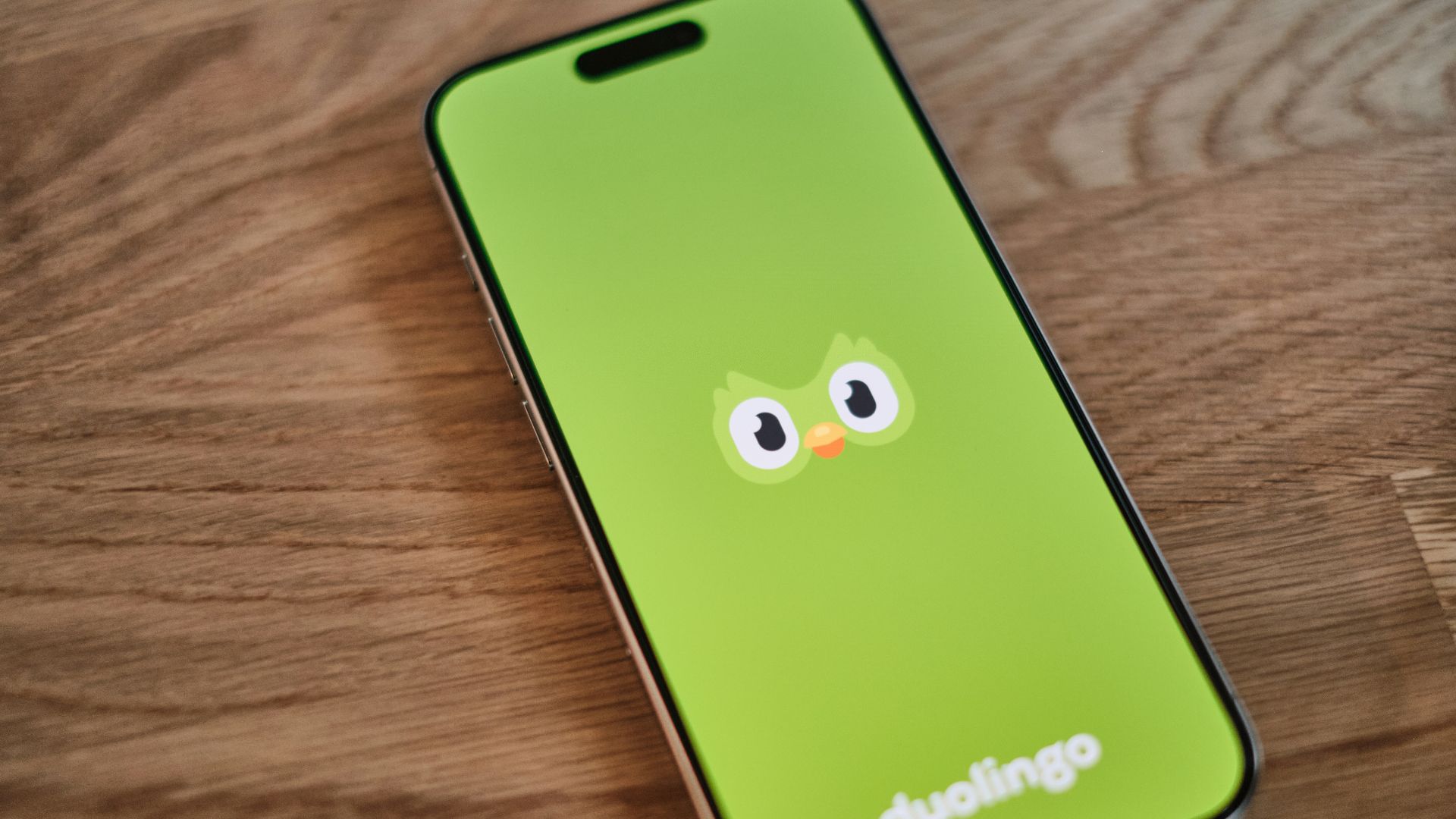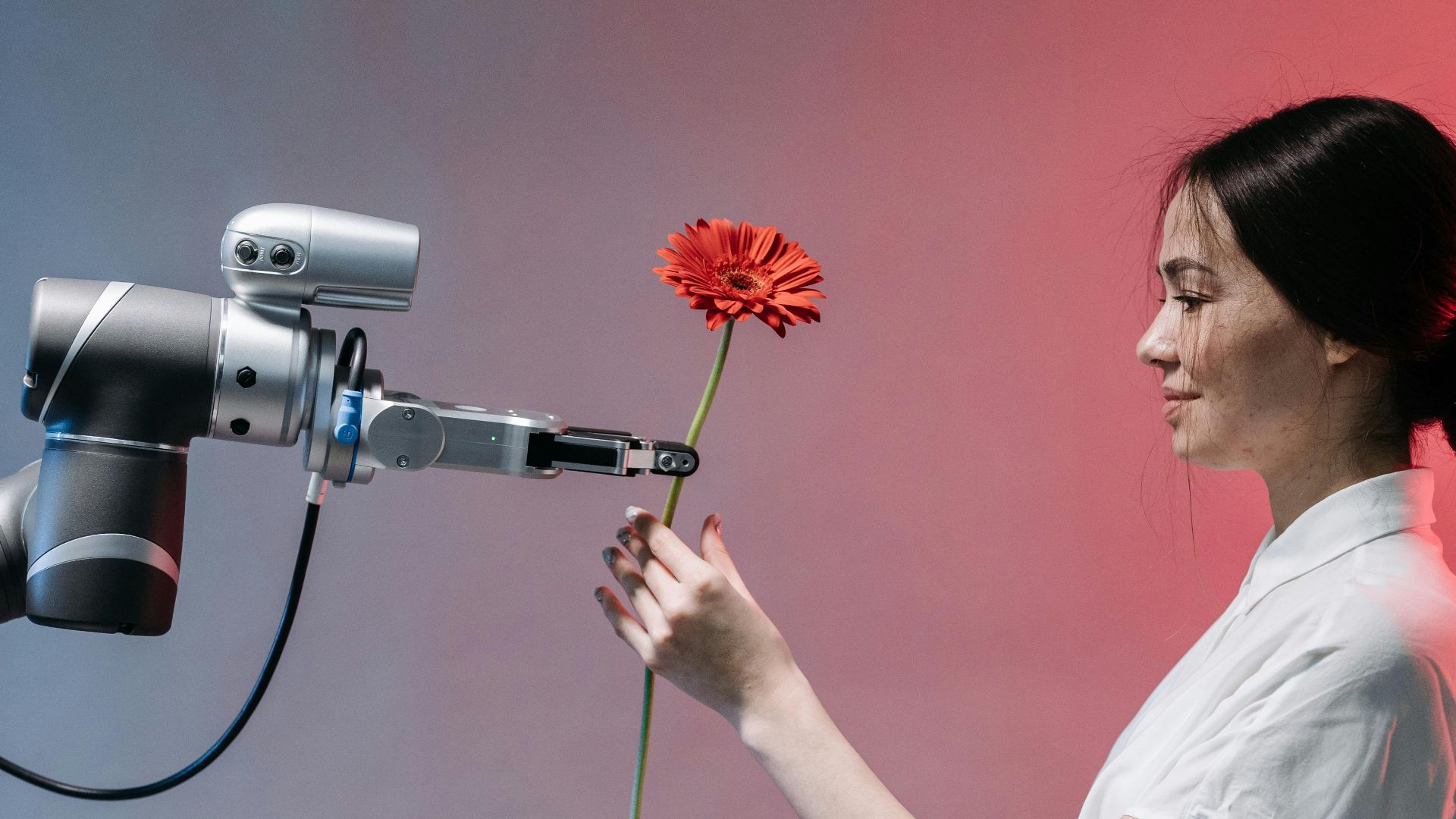Do You Think AI Is Helping or Hindering Us?
The emergence and rapid development of artificial intelligence (AI) in recent years have given us more than just a glimpse into the future. After all, if this is what these intelligent models are capable of now, what more can we expect to see in the years ahead? And yet, the speed at which AI is advancing might feel unsettling. Here are 10 ways AI might be ruining your life—and 10 ways it's helping to improve it.
1. Threatens Job Security
When we think of the number one threat AI could bring us, we're likely most concerned about jobs and security. After all, with AI systems trained to take on the kind of tasks humans do—from creative writing to piloting—it's not surprising that some will eventually be out of work in the near future.
2. Can Be Used in Cyberattacks & Crimes
We've seen how AI and its accuracy—along with its speed—make it easy to manipulate voices and images to impersonate someone else. Cybercriminals can take advantage of this by using AI models as vehicles to mimic people we trust, like banks.
3. Diminish Creative Input
With more and more people relying on AI to create content, from creative writing pieces to videos and art, the less we'll start seeing material that hasn't been assisted or touched by AI. Not only that, but it'll be hard to distinguish between the two as AI systems become more advanced.
4. Lack of Data Privacy
In order to automate systems, create personalized experiences, and make our lives easier, companies use AI tools to collect our data and information. While it may be convenient on the surface, it begs the question: Do we really have privacy at all? Just how much of our data is kept secure, and how much of it could potentially be leaked?
5. Create Inappropriate Content
Another thing you may have seen frequently is AI being used in malicious ways to create content that's inappropriate or meant to spread false information about something or someone in particular. Some examples of this include digitally altering images and videos to produce artificial hoaxes, clips, and events,
6. Lack of Transparency
It's widely known that AI systems are fed a ton of data to learn—that's what gives them their human-like quality. But even then, there's not a lot of transparency as to how deep-learning models work and what data AI collects, or how they even come to certain conclusions or decisions. With that in mind, how can we be sure that AI products are being developed ethically and responsibly?
7. Environmental Dangers
AI systems and their impact on the environment have also been widely discussed. While it's unsurprising that these models require using mass amounts of energy—thus leaving a significant carbon footprint—AI also need large volumes of water to cool down servers.
8. Bias
You might think that AI models can't form biases, but when these systems are fed large pools of data, it can be hard to ensure unbiased content won't be integrated into the final model. When it does, that's when these AI tools can become unreliable, as they produce skewed algorithms, predictions, beliefs, and results.
9. Develop Attachment & Dependence to AI
As AI tools and systems become more prevalent, the easier it may be for humans to develop a sense of attachment and dependence on AI. After all, these models were built to assist our everyday lives, so it's not at all surprising that people may start to see AI as companions—or more.
10. Could Challenge Human Intelligence
Then, there's the real danger: if—and when—AI models become superintelligent, surpassing the capabilities of humans and what they were originally built for, they might just turn against us. AI models becoming sentient has already been observed, for example, with Google's LaMDA, so unless we understand the thought and decision process behind AI tools, singularity may become a reality.
But it's not all doom and gloom—the ramp-up of AI tools in recent years has proved helpful as well. In fact, there are plenty of ways these models have enhanced our lives. Here are 10 in particular.
1. Personalized Recommendations
Whether it's Netflix or TikTok, YouTube or Instagram, AI algorithms make it easy for us to discover new content that interests us. And it's these personalized experiences that make social media and streaming platforms so fluid, so addictive.
2. Voice Assistants
The voice assistants on our smartphones are also powered by artificial intelligence. From Siri to Google Assistant and Alexa, it's easier than ever to use our voices to search for content, reply to a text message, call back a friend, set alarms, and more.
3. Research Tool
AI systems are also great research tools, as they can compile a large chunk of data and synthesize it down into easy-to-grasp components. ChatGPT, for one, can help answer both simple and complex questions, or gather sources from around the web. Of course, you can't rely on it entirely, as language models aren't meant to replace manual research.
4. Smart Automation
AI models can also be integrated into your home and elsewhere for automation, meaning you can turn on the lights, lock the door, control your robotic vacuums, and more with just a swipe or your voice alone. The convenience of this has made it difficult to live without smart automation.
5. Road Assist Technology
Self-driving cars or vehicles with road assist technology all employ the use of AI. These tools make it especially helpful to keep you safe on the road, like braking automatically to avoid collision or ensure drivers stay within their designated lanes.
6. Image Recognition
In addition to face recognition, AI systems are also able to detect objects, patterns, colors, shapes, and other things of interest, to accurately identify and classify them. This has proven especially useful in medical imaging, to help with diagnoses and treatments, as well as animal monitoring, to understand animal behaviors and manage disease.
7. Augmented Reality Shopping
Augmented reality has also made shopping online much smoother and easier by allowing us to "sample" a product before we purchase it. This goes for anything from headphones and luggage to makeup and shoes. Trying on virtually in this way means we don't have to go out of our way to demo it in person.
8. Education
AI tools have also been making huge waves in education. Not only can they generate personalized learning models that are tailored to the student's style and needs, but AI can also promote more engagement by making these models more interactive and fun.
9. Banking
AI can even help with our spending habits and keeping finances in check. They can detect suspicious or fraudulent activity, flagging it down for report, or offer personalized advice or investment opportunities—all of which enhance our everyday banking needs.
10. Mental Health
While AI can't replace therapists, they're able to analyze mental health habits and patterns and provide treatment plans that can help. Some AI models are built to recognize human emotions, thus being able to provide better, more compassionate, and more effective responses.


